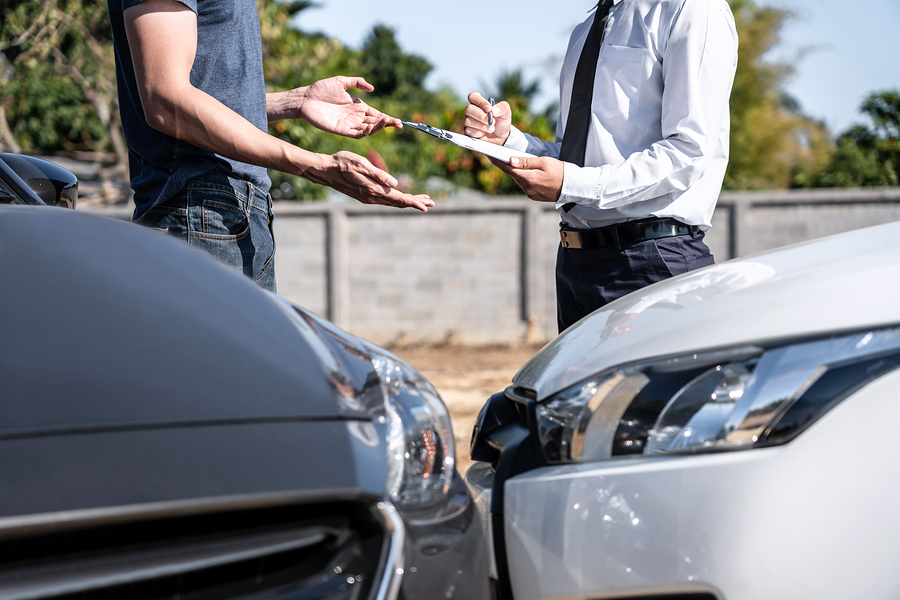What Will Happen If Someone Driving Your Car Got Into An Accident?
 Michael Babboni
Insurance Coverage
You may be among those people who let others borrow their car, especially if it is a relative or a close friend. When you do this, you may have never thought of the possibility of an accident occurring. Some people believe that the liability to pay damage claims falls on the person driving. However, this is not true in Florida.
Michael Babboni
Insurance Coverage
You may be among those people who let others borrow their car, especially if it is a relative or a close friend. When you do this, you may have never thought of the possibility of an accident occurring. Some people believe that the liability to pay damage claims falls on the person driving. However, this is not true in Florida.Insurance Laws
Florida is a no-fault state. Under the law, every vehicle owner in Florida has to have personal injury protection (PIP) coverage amounting to at least $10,000. It has to be among the automobile insurance policies that you own.
The PIP coverage will take care of the medical bills, lost wages, and other related expenses if the driver or vehicle occupants suffer from injuries due to an accident. The state law extends coverage to:
• Family members who are residing in the same household as you
• Passengers
• A person driving your car
• Bicycle riders or pedestrians who were hit
So if someone else driving your car gets into an accident, they and the passengers in your car who end up with personal injuries will have to submit claims to your auto insurance company.
If the accident involves another vehicle, the driver and passengers of the other car will submit their claims to the insurance company that issued the PIP policy on their vehicle.
Proof Of Permission
There has to be proof that the owner gave the driver permission to use the car to show liability. It may be expressed directly. For example, a friend borrows your car and you hand over the keys to them.
The permission may also be implied. For this, there has to be evidence showing that there was a prior course of conduct between the vehicle owner and the driver involved in the accident. For example, a person has been using your car with your permission on a certain day of the week for months. This situation implies that you allowed them to drive the vehicle because you did not tell them to stop.
Owner’s Responsibilities
The no-fault law of Florida aims to help limit the number of personal injury lawsuits. Since you have to claim the benefits through your insurance company, you will not have to deal with or file a lawsuit.
However, it does not mean that there is no possibility of lawsuits. There are instances wherein a victim can sue for damages. It may happen if the injuries result in any of the following:
• Death
• Permanent or significant loss of a body function
• Permanent or significant scarring
• Permanent injury
If the injuries are severe enough to preserve the right of a victim to sue for damages, both the negligent driver and the vehicle owner can be considered liable parties. The owner does not necessarily have to be at the scene of the accident to face possible lawsuits.
In cases wherein there is proof of permissive use, the state law limits the liability of the owner. It can amount to $100,000 for injuries to a person and may reach up to $300,000 in the case of multiple victims.
If you allow someone else to borrow your car and they end up getting in an accident, work with a reliable personal injury lawyer. They can build a strong case to ensure that you receive proper compensation from your insurance company. At the same time, an attorney can offer legal advice in case another party is involved.
